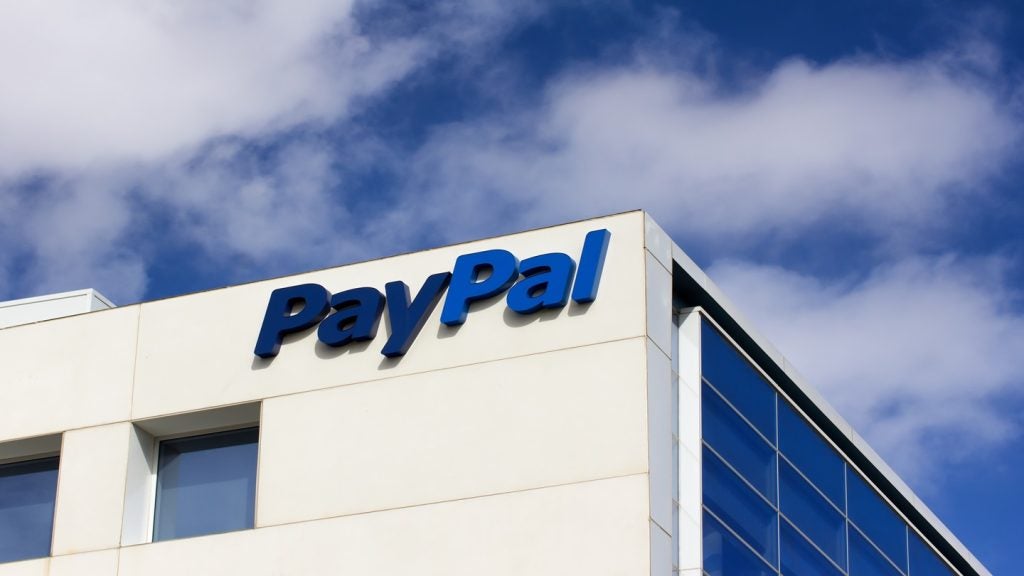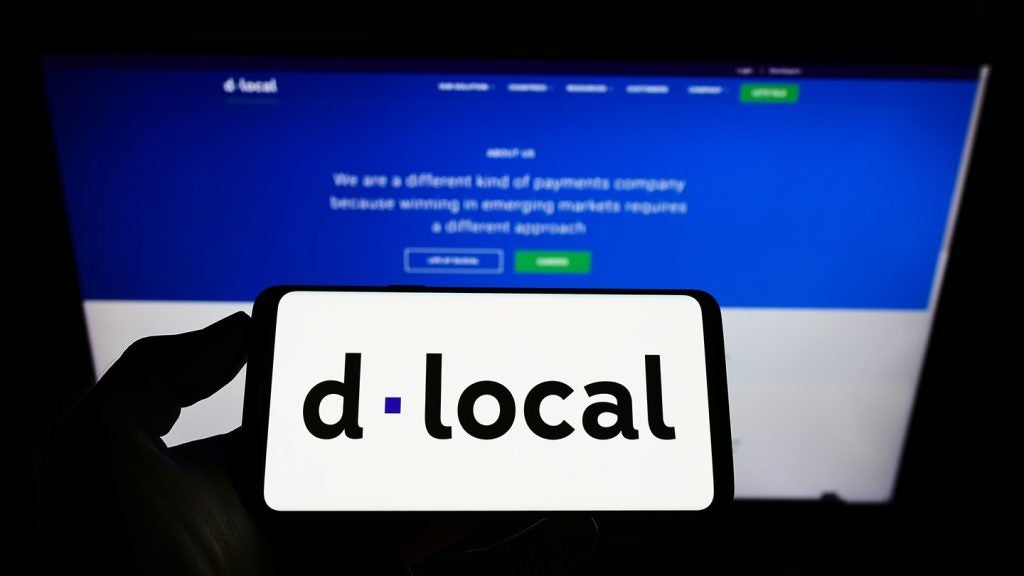Money is considering selling part of its private-label card
portfolio in a bid to shore up its financial position amid an
uncertain, but increasingly gloomy, economic outlook for the US in
2008. On 11 December, GE, the parent company of GE Money, hosted a
presentation on its outlook for 2008, saying that it may sell or
partner with other companies to combine costs for its private-label
credit card operations. “I think we could partner or exit in
private-label credit cards,” GE CEO Jeff Immelt commented during
the presentation.
GE Money’s private-label programmes encompass several large-scale
US merchant card portfolios, such as Wal-Mart, eBay and Gap. GE
Money, Citi and HSBC Retail Services own just over 80 percent of US
private-label retail card receivables, up from 68 percent in
2003.
Motivation
The motivating factor behind the move is the worsening economic
outlook for the US in 2008, with many industry analysts, including
Morgan Stanley, widely tipping the US economy to go into recession
next year. GE said that faltering consumer financial health in the
US will have a negative impact on GE Money’s earnings. Immelt said
that the division’s earnings will likely slow to a 5 percent growth
rate in 2008, in stark contrast to 2007.
“When you think about how you piece together GE Money and how you
think about it in 2008, the US business is definitely going to be
tougher in 2008 than 2007,” he continued. “Clearly consumer
delinquencies in the US are increasing. We think the earnings in
the US are probably going to be down 20 percent in GE Money in
2008.”
Immelt pointed to GE Money’s strong presence outside the US as a
factor in helping to offset tougher consumer conditions in the US
market. “On the consumer finance side, we are 75 percent outside
the United States. We’ve got some good positions in emerging
markets that we think are going to help GE Money as you look at
2008,” he said. “We think those [international markets] are very
well positioned to continue to grow about 10 percent in 2008. We’re
seeing good asset growth, we’ve got price and productivity, we’ve
got assets outside the US that we could monetise in 2008.”
How well do you really know your competitors?
Access the most comprehensive Company Profiles on the market, powered by GlobalData. Save hours of research. Gain competitive edge.

Thank you!
Your download email will arrive shortly
Not ready to buy yet? Download a free sample
We are confident about the unique quality of our Company Profiles. However, we want you to make the most beneficial decision for your business, so we offer a free sample that you can download by submitting the below form
By GlobalDataImmelt added that capital gained as a result of business exits
could be steered towards higher-earning opportunities in GE’s
commercial finance division.
Referring to the possibility of offloading part of GE Money’s card
portfolio, Immelt commented that a “broad partnership” may make
sense for the company. “We’ve got the luxury of having great
franchises that people like, that they would like to be a part of,
and I think in cycles like this, everybody thinks about how to
improve their position,” he said. “None of us are naive about what
cycle we’re in. When you think about the credit card business,
there’s a big base cost structuring that could take place. And
there’s going to be people that are going to consolidate and get
earnings growth out of that kind of base cost consolidation
restructuring. It’s our sense that it’s a good time to explore
whether partnering with somebody, or other things like that, who
might have an equal base cost or the ability to do some kind of a
portfolio acquisition might make sense.”
According to Citigroup analyst Jeffrey Sprague, GE would be better
off exiting its consumer finance business altogether. “A complete
exit of GE Money still is not planned, but would be constructive in
our view,” he wrote in a note to investors.

| Form builder plug-in | |
| Form: | PCS_2010_Registration_Form2 |







